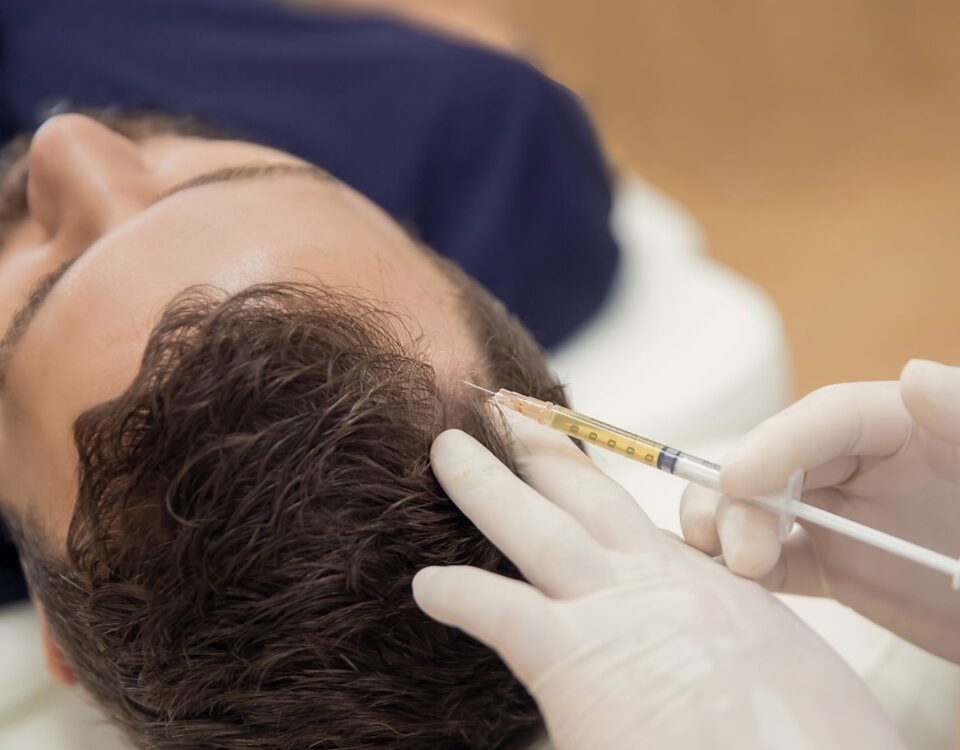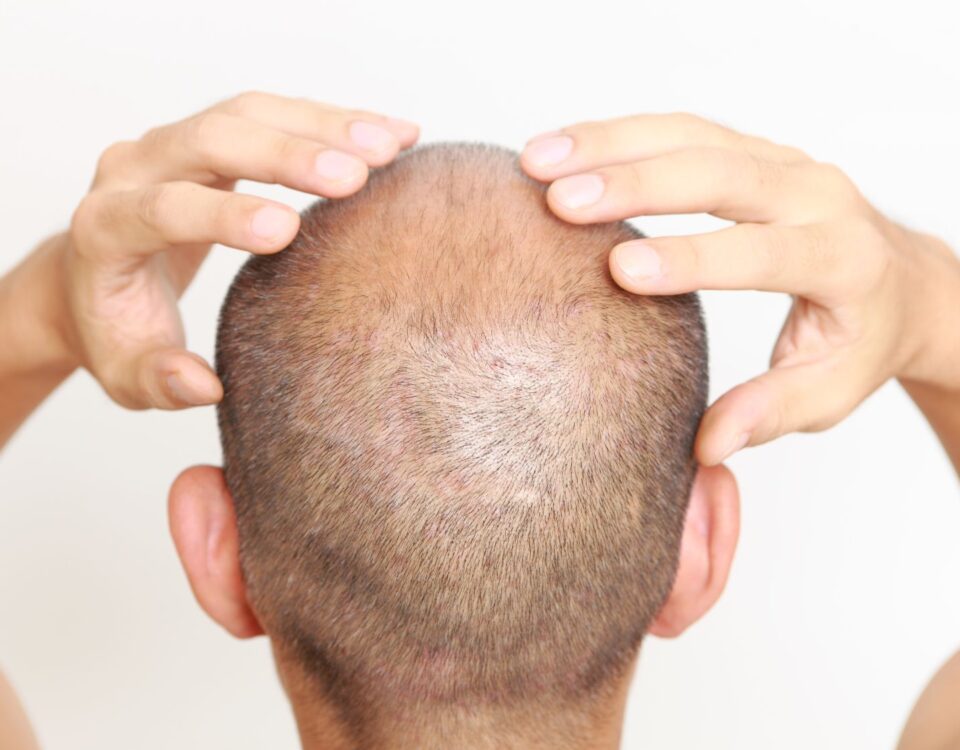
Is Hair Loss Normal?
April 15, 2024
Traditional Chinese Medicine and Hair Loss Prevention
May 2, 2024In the quest for stronger, shinier, and healthier hair, many people turn to a variety of solutions, from expensive salon treatments to home remedies. However, the health of our hair is often a direct reflection of our overall health, especially our nutritional status. This is where hair health supplements come into play, helping to fill nutrient gaps and support optimal hair health.
Understanding Nutrient Deficiencies
Did you know that nutrient deficiencies can take a toll on your hair? Vitamins like biotin and vitamin D, as well as minerals such as iron and zinc, play crucial roles in maintaining hair health. Biotin, for instance, helps the body produce keratin, a type of protein that’s essential for hair growth and strength. Meanwhile, vitamin D plays a role in the creation of new hair follicles. Iron deficiency, on the other hand, is a common cause of hair loss, particularly in women. Zinc also contributes to hair tissue growth and repair while keeping the oil glands around the hair follicles working properly. Maintaining adequate levels of these nutrients is, therefore, essential for promoting optimal hair growth and preventing hair loss.
Choosing the Right Supplements
Selecting the right supplements for improving hair health can be a daunting task, given the wide array of options available. It’s important to consider individual nutritional needs, underlying health conditions, and potential interactions with medications. As a rule of thumb, always consult with a healthcare professional before starting any new supplement regimen to ensure it’s safe and appropriate for your specific needs.
Key Nutrients for Hair Health
Certain nutrients are particularly beneficial for hair health. As mentioned, biotin promotes keratin production, which is necessary for hair growth. Vitamin D regulates the lifecycle of hair follicles, ensuring they go through the necessary growth and rest phases. Iron helps to prevent hair shedding by supporting the production of red blood cells that supply oxygen to the hair follicles, promoting their growth and development.
Combating Inflammation and Oxidative Stress
Inflammation and oxidative stress are known culprits in hair loss. This is where omega-3 fatty acids and antioxidants like vitamin C and vitamin E come in. These nutrients help reduce inflammation and protect hair follicles from damage caused by free radicals, enhancing hair health and promoting growth.
Managing Hormonal Imbalances
Hormonal imbalances, such as fluctuations in testosterone or thyroid hormones, can also impact hair growth and contribute to hair loss. Supplements like saw palmetto and ashwagandha may help balance hormones and support hair health.
Incorporating Supplements into a Comprehensive Hair Care Routine
While supplements can be beneficial for improving hair health, they should not be viewed as a standalone solution. They are best used as part of a comprehensive approach to hair care that includes proper nutrition, scalp care, stress management, and gentle hair care practices. Embrace a holistic approach to supporting your hair health for the best results.
In conclusion, hair health supplements can play a significant role in boosting the health and vitality of your hair. By addressing nutrient deficiencies, combatting inflammation and oxidative stress, and managing hormonal imbalances, they can contribute to stronger, healthier, and more resilient hair. Always consult a healthcare professional before starting any supplement regimen and remember to incorporate these supplements into a broader hair care routine.




